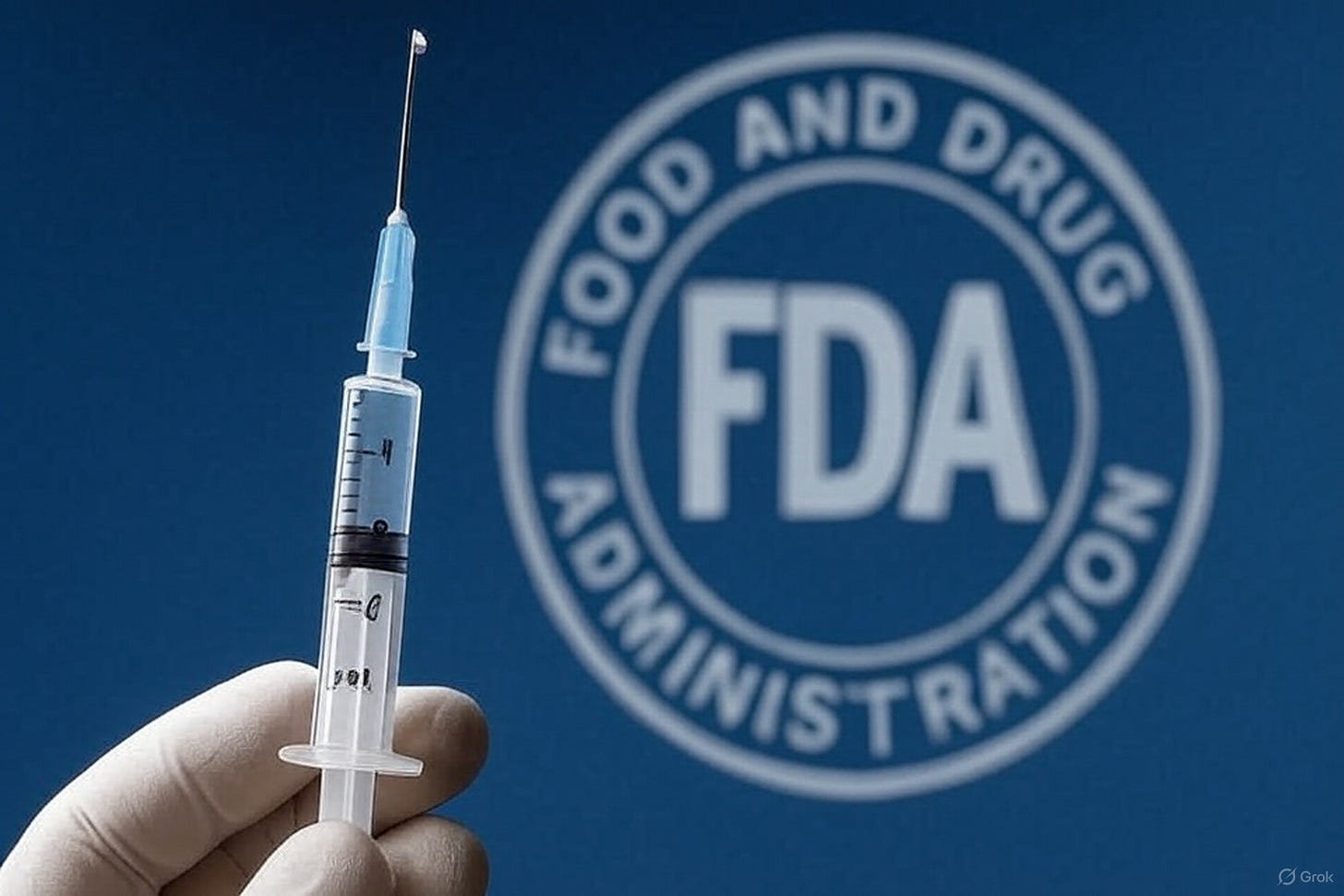Covid-19 vaccine reform is moving slower than many had hoped
Moderna’s latest mRNA vaccine approval stunned reform advocates—but real change demands persistence, especially when science runs up against powerful industry interests.
Just three weeks after Dr Vinay Prasad assumed oversight of vaccines at the FDA, Moderna’s latest Covid-19 vaccine, mNEXSPIKE®, received full approval.
For those who had hoped the mRNA platform would be shelved, the decision landed like a gut punch.
Approved on 31 May 2025, the next-generation shot is intended for adults over 65, as well as individuals aged 12 to 64 with at least one risk factor for severe illness.
And it came under the watch of a man who had spent years demanding greater scientific rigour from the agency.
Prasad had been among the FDA’s most outspoken critics during the pandemic, repeatedly condemning its reliance on surrogate endpoints—such as antibody levels—rather than hard clinical outcomes like reduced hospitalisation or death.
And he didn’t just say it once. He drove the point home, over and over.
“Showing boosters improve neutralizing antibodies or other laboratory measures is not what we need,” he posted on X in July 2022. “We need randomized control trials powered for clinical endpoints showing boosters improve outcomes that people care about.”
In January 2023, he co-signed a formal Citizen Petition to the FDA stating, “This immunobridging surrogate endpoint has not been validated to predict clinical efficacy.”
Then in March 2023, he made his position even clearer on Substack. “I don’t care about transient antibody titer levels,” he wrote.
But mNEXSPIKE® appears to have been approved primarily using exactly those kinds of data—measures of immune response, not measures of meaningful outcomes.
So how do we square that?



